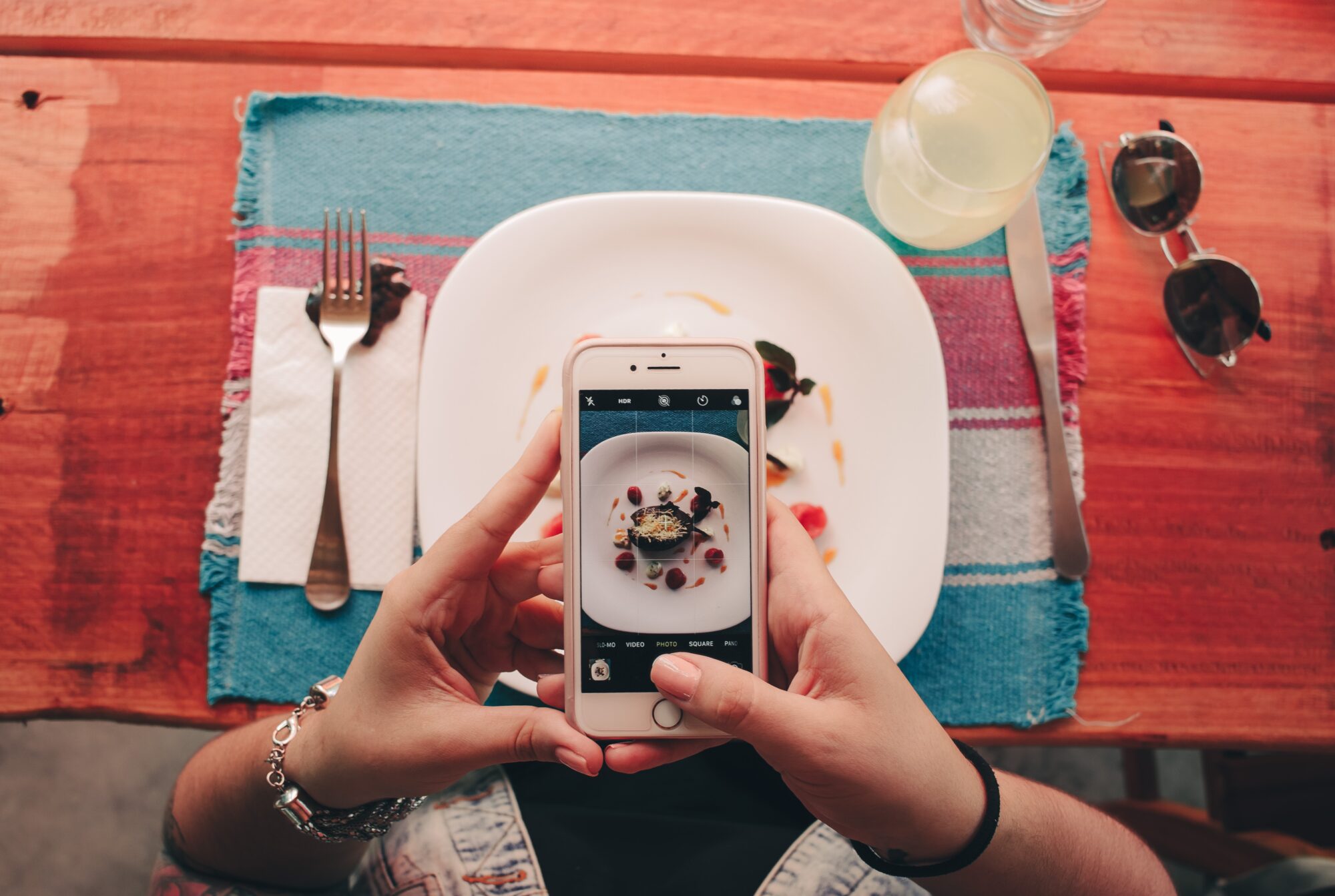As new generations of wine drinkers come of age, our wine marketing strategies need to evolve with the times.
Remember the dinner party analogy?
You’re at a dinner party, and the person next to you is yackin’ your ear off – talking at you, not to you. As you know from our recent blog post, this is how Millennials feel when they encounter traditional advertising.
The generation that follows, Generation Z, is the same way.
Generation Z (born in the mid-1990’s to mid-2000’s) grew up in the digital age, period. Not only were they were born into a world of cell phones – they were born into a world of texting and social media. It’s not far-fetched to say Generation Z grew up knowing how to swipe a smartphone before they could walk.
It shouldn’t be a surprise that Gen Z’ers expect nearly everything to be instant, interactive and fast.
At this miserable dinner party, Gen Z’ers would be right beside Millennials, feeling bored and ignored.
Before you know it, it’ll be your time to create a dinner party that makes members of Generation Z (who are at and nearing the wine-drinking age!) feel understood at dinner.
Make your brand experience resonate with this youngest wine-drinking generation, online and beyond.
Who is Generation Z?
This generation, around 86 million in size, is known for liking privacy and finds more value creating things instead of watching or sharing. They prefer to communicate with images over text.
Since this generation is so young, their buying power is estimated at $176 billion per year, but research has shown they have influence over their family’s purchases.
This generation grew up during the recession and are known for their love to save and looking for deals.
Marketing to Generation Z
While Millennials are all about texting, Generation Z prefers to communicate with each other through images, videos and emoji. Social media channels that appeal to this generation include Snapchat, Instagram and YouTube.
75% of Generation Z rely on their smartphone for their entire web experience, including purchases. So make sure your website is mobile-friendly and offers an enjoyable mobile experience.
If you’re targeting Generation Z with a digital ad, use an image and 5 words or less of text. Or, opt for a short video ad on YouTube.
They love the process of creating images and content, and they love to show others how to do something. This is why YouTube is their platform of choice. 95% of Generation Z uses YouTube and are particularly attracted to how-to content, like applying beauty products or gaming.
Real people, like YouTube stars (not just celebrities or brands) can create and distribute content, which lets Gen Z’ers feel like they’re getting a real, authentic experience. With Gen Z being all about authenticity, they prefer things that look less produced and more real.
If and when you want to start marketing to Generation Z wine-drinkers, here are a few key points to remember:
- Generation Z’ers have only an 8-second attention span.
- They don’t like major celebrities or promoted content, preferring real, relatable influencers any day.
- Generation Z does not want to be tracked and prefers to remain anonymous.
Generation Z is known as the hardest generation to engage, because they tend to look past messages that say promoted or sponsored. They instead want personalized messages and experiences that are unique only to them.
Yes, this can be scary. But it can also be a huge opportunity for wineries willing to listen.
Along with being receptive to engaging marketing strategies, both Generation Z and Millennials are also open to different forms of packaging, like cans. Gone are the days when young wine consumers only want bottles. Gen Z’ers want to be able to have a glass of wine at a party or at an outdoor concert.
Trust your brand and your product – Let it be an experience for your customer. Let your brand experience seep into social media platforms. When you try to understand Gen Z’ers and how they’ll likely interpret your messaging based on their worldview, you open up the possibility to grab their attention, connect and resonate.
Does the thought of marketing to Gen Z’ers scare you?


